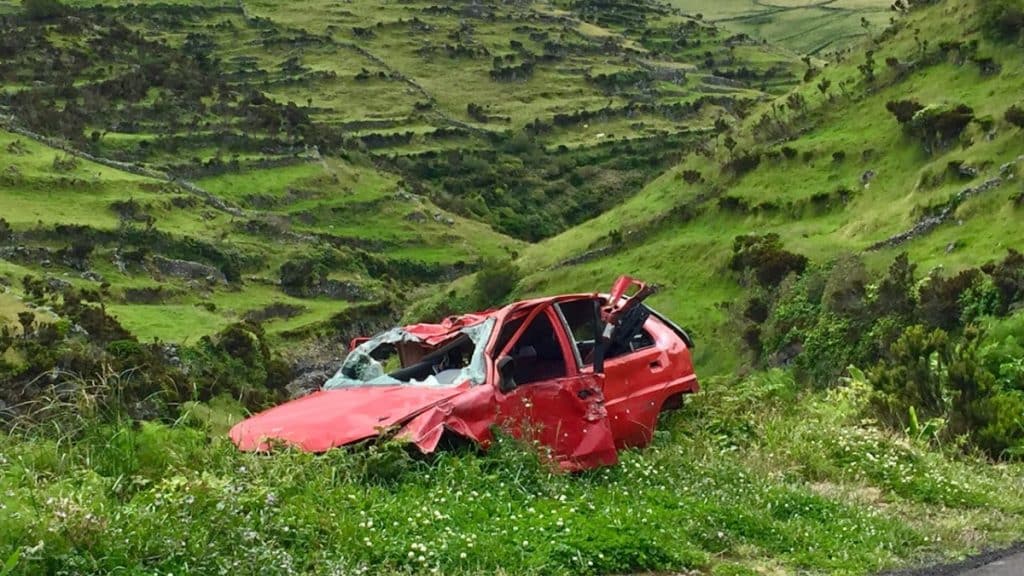When you’re involved in a car accident, the aftermath can be overwhelming. Navigating the legal and medical steps is crucial for your recovery and potential compensation. One essential step is to get help from a car accident lawyer in Ocala because, after an accident, the initial steps you take can set the tone for your recovery and any legal proceedings that may follow. Many people know about calling the police and exchanging information, but there’s much more to consider.
1. Document the Scene Thoroughly
Documenting the accident scene is essential. In addition to exchanging information with the other driver, use your phone to capture photos of the vehicles, any visible injuries, road conditions, and traffic signs. These images can be invaluable evidence in resolving disputes about the accident’s cause.
Take notes about the time, location, weather conditions, and any statements made by the other driver or witnesses. The more detailed your documentation, the stronger your case will be, whether dealing with insurance companies or legal claims.
2. Seek Immediate Medical Attention
Even if you feel fine, it’s essential to seek medical attention immediately after an accident. Some injuries, like whiplash or internal bleeding, might not be immediately apparent but can have severe consequences if left untreated.
Visit a doctor or go to the emergency room to get a thorough examination. Keep records of all medical visits, diagnoses, and treatments. This documentation will be vital if you need to claim compensation for medical expenses later on.
3. Avoid Admitting Fault
In the immediate aftermath of an accident, it can be tempting to apologize or admit fault, especially if you’re feeling shaken. However, avoid making any statements that could be interpreted as admitting liability. Fault determination should be left to the insurance companies and legal professionals. Instead, stick to the facts when speaking with the other driver, police, and your insurance company. Provide a clear, factual account of what happened without speculating about who is to blame.
4. Gather Witness Information
If there are any witnesses to the accident, gather their contact information and statements. Witnesses can provide an unbiased account of the events, which can be invaluable in resolving disputes about what happened.
Ask witnesses to write down what they saw or to record a statement on your phone. This evidence can support your version of events and strengthen your case with insurance companies or in court.
5. Keep Detailed Records
Maintain a comprehensive file of all documents related to the accident. This should include the police report, medical records, insurance correspondence, repair estimates, and any legal documents.
Having all this information organized and accessible will make it easier to handle insurance claims and any legal actions that might arise. It also demonstrates that you are taking the situation seriously and are prepared to support your claims with evidence.
6. File a Police Report
Always file a police report, even for minor accidents. The police report is an official document that provides an unbiased account of the accident, which can be critical for insurance claims and any legal disputes.
When filing the report, be thorough and accurate in your description of the events. Request a copy of the report for your records.
7. Follow Up on Medical Care
Continuing to follow up on medical care is essential, even if you initially felt fine after the accident. Some injuries may not manifest symptoms immediately, and ongoing medical care ensures that these are detected and treated promptly.
Adhere to your doctor’s recommendations and attend all follow-up appointments. Keep records of all treatments and medications, as this information will be important for your insurance claim and potential legal action.
8. Be Cautious with Insurance Adjusters
Insurance adjusters may contact you to discuss the accident and your claim. While it is essential to cooperate, be cautious about the information you provide. Adjusters are trained to minimize the amount the insurance company pays out, and they might use your statements against you.
It’s advisable to consult with a legal professional before giving any recorded statements or accepting settlement offers. This ensures that your rights are protected and that you receive fair compensation.
Conclusion
The aftermath of a car accident can be a confusing and stressful time, but understanding and taking the right steps can make a significant difference. Each of these vital steps discussed—from documenting the scene thoroughly to seeking immediate medical attention and legal advice—plays an essential role in safeguarding your health and legal rights. These actions help you build a strong foundation for any insurance claims or legal proceedings that may follow.
